Courses
Information and documents on OPAL
Based on the atomistic and structural composition of metallic materials, this course teaches their properties. The focus is on their plastic deformability, toughness and chemical and physical properties. The basics and special property profiles are consolidated in demonstrative practical courses and through lectures on specific fields of application of selected metallic materials.
The students of the course are thus able to relate the fundamentals of materials technology and the properties of metallic materials in their processing and use. This understanding makes it possible to pass on teaching content on metallic materials at primary and secondary schools safely and clearly.
The examination consists of a paper of about 15 to 20 pages. A script is to be prepared on the teaching content of the lectures and practical courses, which can be used for the preparation and teaching of the topic in the classroom.
| Graduation: | Term paper |
| Location: | Winter semester |
| Teachers: | Prof. T. Lampke, Dr. T. Grund |
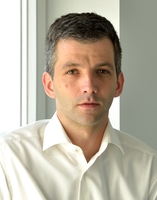
Information and documents on OPAL
Electroplating represents the most widely used surface finishing process. Since it requires an interdisciplinary approach, the widespread industry lacks appropriately trained engineers. In the new Master's programme in Lightweight Construction and Materials Engineering, this topic is taken up and integrated into the catalogue of subjects (compulsory part Materials Engineering). The following contents are taught:
- Electrochemical basics
- Modelling of electrochemical processes
- Basics of electroplating
- Deposition of monolithic metals and alloys
- Pulse plating processes
- Dispersion separation
- Shift systems
Internships:
The course content is supplemented with practicals and seminars. Furthermore, excursions provide insights into industrial manufacturing to emphasise the practical relevance and attractiveness of this subject area.
| Prerequisites: | Basic studies |
| Graduation: | Exam |
| Teachers: | Prof. T. Lampke, D. Höhlich |
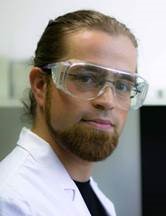
Information and documents on OPAL
Functional materials include a variety of materials that are characterised by their specific functional properties. The main focus of the course is on the physical causes and the description of the effects. Emphasis is also placed on the manufacturing processes, the characterisation of the properties of these materials and their application. Subjects are:
- Piezoeffects
- Magnetostrictive and electrostrictive effect
- magnetorheological and electrorheological effect
- Shape memory effect (thermal and magnetic shape memory effect)
- Thermal effects (thermal sensor effects, thermoelectric actuators)
- Photoeffects (photoelectric and photoelastic sensor effects)
- Multifunctional layers / surfaces (hydrophilic, hydrophobic and photocatalytic layers)
- Functionality of sensors / actuators
- self-lubricating layers
- Layers with a signal effect
- Optical layers (switchable transmission, anti-reflection)
- self-healing layers
- system- and load-dependent property adaptation of materials.
| Prerequisites: | Basic studies |
| Graduation: | Exam |
| Teachers: | Prof. T. Lampke, Dr. T. Mehner |
Information and documents on OPAL
Corrosion and wear cause billions of euros in economic damage every year. Research and development in these areas are therefore of enormous importance in practice. After a general introduction, the course gives an overview of the basic types of corrosion and wear mechanisms. Subsequently, important measurement and investigation methods for the evaluation of corrosion or wear behaviour are presented. Finally, taking into account the specific properties of the different main material groups, possibilities of corrosion or wear protection are shown. The lecture contents are further deepened in practical courses and seminars. Thematic focal points are:
Corrosion
- Basic structure of the corrosion system
- Corrosion mechanisms and corrosion reactions
- Corrosion types, phenomena and products
- Evaluation of corrosion behaviour and corrosion damage analysis
- Corrosion protection options and selection methodology
- Corrosion behaviour of selected materials
Wear
- Basic structure of the tribological system
- Basic wear mechanisms and types of wear
- Characteristics of tribosystems (movement ratios, microgeometry, etc.)
- Calculation and simulation of wear and friction
- Evaluation of the wear behaviour (test methods, wear parameters)
- Wear protection options
| Prerequisites: | Basic studies |
| Graduation: | Exam |
| Teachers: | Prof. T. Lampke, Dr. R. Drehmann |
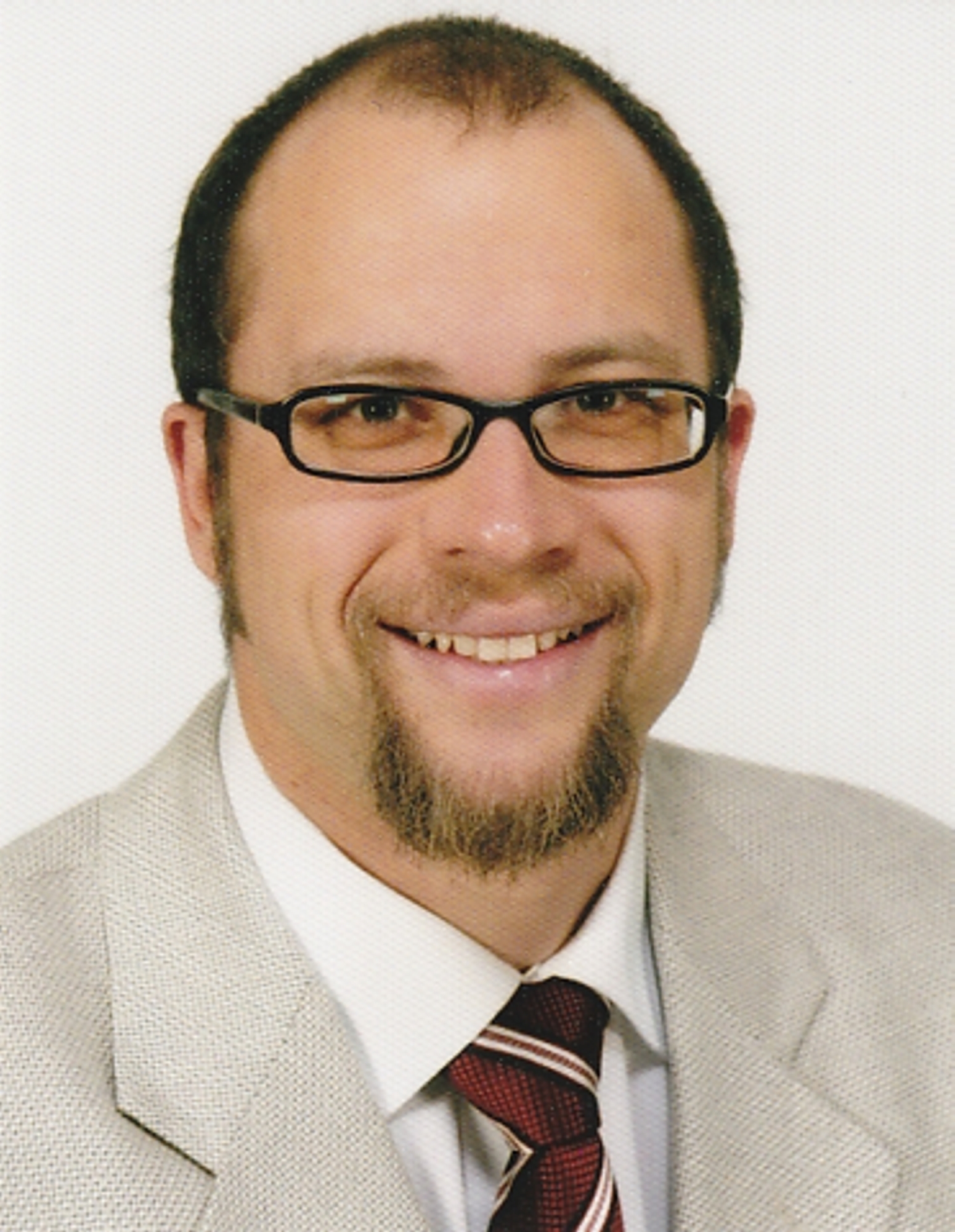
Information and documents on OPAL
Technical surfaces must fulfil a wide variety of requirements. These include, for example, decorative effect, corrosion protection, wear protection, electrical and thermal insulation or the effect as an adhesive primer. A significant possibility for improving the surface properties and thus for fulfilling these requirements is the production of coatings. From the selection of processes to the technological implementation of surface finishing to the testing and characterisation of surfaces, the course deals with the following focal points:
- Fundamentals of corrosion and wear
- Surface pre-treatment
- Coating processes: Enamelling, hot dipping, coating with paints, electroplating and chemical coating, thermal spraying, build-up welding, sol-gel coating, combination coating, PVD, CVD
- Conversion coating processes: Burnishing, chromating, phosphating, anodic oxidation
- Surface treatment, including thermal and thermochemical surface finishing
| Graduation: | Exam |
| Teachers: | Prof. T. Lampke, Dr. R. Drehmann |

Information and documents on OPAL
Technical surfaces have to meet different requirements. This includes corrosion resistance, wear resistance, decorativeness, electrical and thermal insulation as well as interfacial interactions such as biocompatibility or the adjustment of a desired wetting behaviour. Surface Engineering, which consists of the two main areas surface coating and surface treatment, is a very important possibility to fulfil the mentioned requirements. The lecture course covers the topics process selection and technological implementation as well as testing and characterization of surfaces with the following areas of focus:
- Fundamentals of corrosion and wear
- Surface pretreatment
- Interface engineering
- Coating processes: Electrochemical and chemical metal deposition, thermal spraying, enameling, painting, hot dipping, sol-gel coating, PVD, CVD
- Conversion coating processes: Burnishing, chromatizing, phosphating, anodic oxidation
- Thermal, thermochemical and mechanical surface treatment
- Combined surface technology
| Prerequisites: | Basic studies |
| Graduation: | Exam |
| Teachers: | Prof. T. Lampke, Dr. R. Drehmann |

Information and documents on OPAL
The focus of this module falls on the coating processes or process groups:
- Thermal spraying
- Deposition welding
- CVD process
- PVD process
For these coating processes, the environmental relationships of the coating process as well as cross-process issues regarding the selection methodology for coatings are addressed.
In addition, the fundamentals of wear and corrosion are dealt with on the basis of corresponding application cases and the potentials for wear and corrosion protection on the coating side are derived and presented from this. Since surface coatings can simultaneously influence a number of other properties (electrical and thermal conductivity, physical behaviour, colour, gloss, etc.), various application possibilities of coatings are always dealt with in the course of the course using examples.
Parallel attendance of the course Electrochemical Coating is recommended.
Qualification goals:
In the teaching module, students are introduced to various groups of thermal coating processes, with special emphasis on industrially relevant processes. The teaching module enables the students to correlate possible coating and substrate materials, coating formation and adhesion mechanisms as well as the resulting coating properties with the applicable coating processes and thus to make a process and material selection for a possible thermal coating process based on the requirement profile for technical surfaces.
| Prerequisites: | Knowledge of the basics of materials technology |
| Graduation: | Exam |
| Teachers: | Prof. T. Lampke, A. Nitsche, Dr. T. Grund |

Information and documents on OPAL
The necessity to proceed systematically in the selection of materials already results from the large number of available materials. The main focus of the course is to teach the systematic approach and the presentation of materials with the associated material properties for special applications. Subjects are:
- Methodology
- Materials for statically loaded components
- Materials for dynamically loaded components
- Heat-resistant and cold-resistant materials
- Tool materials
- Materials for tribological stresses
- Materials for corrosive stresses
- Coating technology
- Light metals
- Ceramics
- Plastics
- Sheet metal materials
- Composites and material composites
| Prerequisites: | Basic studies |
| Graduation: | Exam |
| Teachers: |
Prof. T. Lampke, Dr. T. Lindner |
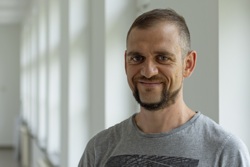
Information and documents on OPAL
The module provides basic knowledge of fatigue processes under single-stage vibration loading at constant temperature. The focus is in particular on the interactions of stress, microstructure, deformation or damage mechanisms and service life of steels and light metals. Furthermore, important factors influencing the fatigue strength are discussed and non-destructive measurement methods for the characterisation of the alternating deformation and fatigue behaviour are presented.
In the seminar, design methods of classical fatigue strength are presented in a practice-oriented manner and applied to examples. In addition, current research work on the topic will be presented and discussed.
After successful completion of the module, the students have comprehensive knowledge of fatigue processes and the relationships between microstructure, deformation or damage mechanisms and service life. The students are able to evaluate the fatigue strength of cyclically stressed metallic materials and know computational and experimental methods to determine the fatigue behaviour.
| Study programme: | Mechanical Engineering (Diploma, Master) |
| Prerequisites: | Fundamentals of materials technology |
| Examination: | Written exam |
| Teachers: | Prof. G. Wagner, Dr. L. Winter |
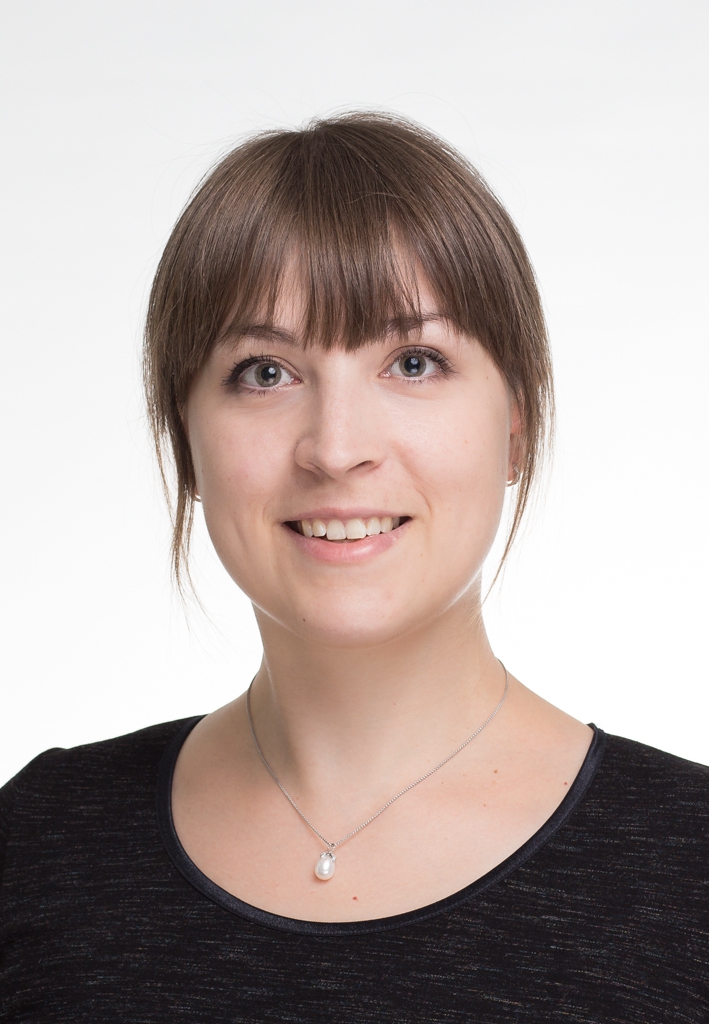
Courses in the summer semester 2024
The course catalogue is currently being revised. (Activation 31.08.2024 00:00)
The course catalogue is currently being revised. (Activation 31.08.2024 00:00)






